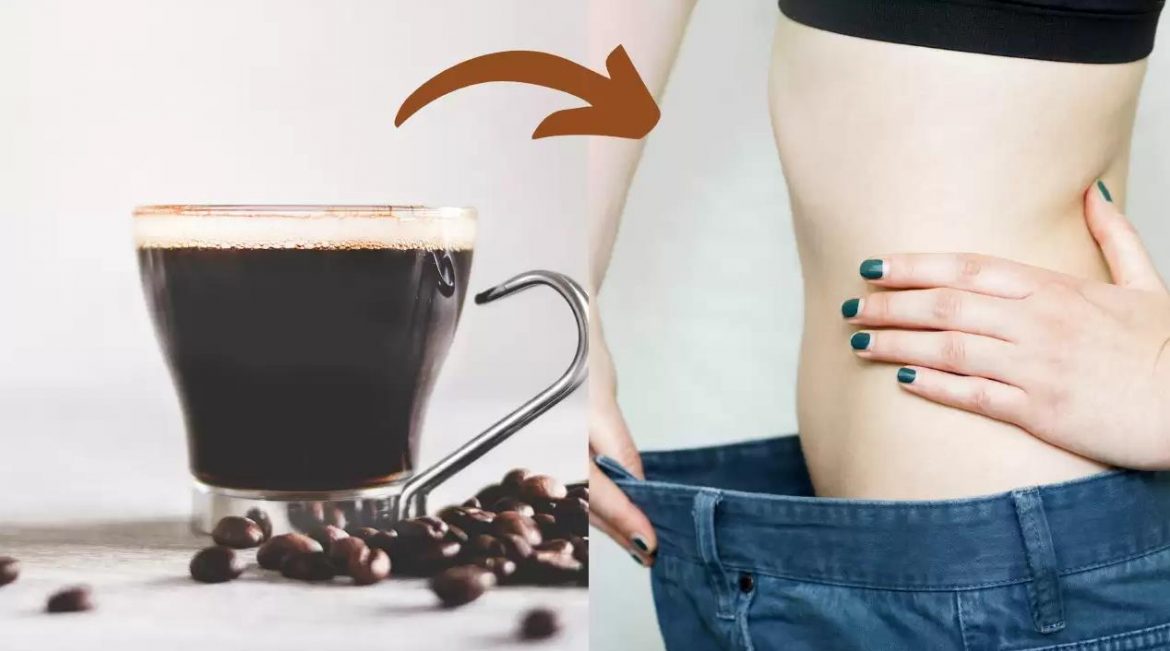Your morning cup of joe is accomplishing more than stimulating you for the afternoon. It’s likewise offering your body a large group of medical advantages. As per Johns Hopkins Medicine, espresso might assist your body with handling sugar and diminishing your gamble of medical problems, including Parkinson’s sickness, cardiovascular breakdown, stroke, Alzheimer’s illness, and colon disease. It might try and assist you with living longer.
There’s additionally some buzz that espresso can add to weight reduction. That is mostly on the grounds that when delighted in plain, espresso is a low-calorie drink, at around 5 calories for every cup, as per the U.S. Branch of Agriculture (USDA).
How Coffee May Help Support Weight Loss
Yet, there’s something else to it besides that. Espresso might help your weight reduction endeavors in the accompanying ways.
It Revs Your Metabolism
“Espresso increments digestion in light of the fact that its primary part, caffeine, is an energizer that upgrades your metabolic thermogenesis, which is the cycle by which the body produces heat from processed food substances,” says Daniel Boyer, MD, a clinical specialist in Des Moines, Iowa, who centers around sub-atomic science and pharmacology, among different subjects, and is related with the Farr Institute.
As per Harvard Health Publishing, quick digestion implies you’ll consume more calories during the day, whether you’re moving or very still. “This implies a quicker metabolic rate advances a faster weight reduction than a more slow metabolic rate,” Dr. Boyer says.
It Suppresses Your Appetite
For certain individuals, drinking espresso advances a sensation of completion, as indicated by the Mayo Clinic. That could influence your weight, since, supposing that you’re not going after additional dinners and snacks over the course of the day, you might consume fewer calories in general. An overabundance of calorie admission is a significant supporter of weight gain, Boyer says.
A survey distributed in April 2017 in the International Journal of Food Sciences and Nutrition found that members who ate caffeine 30 minutes to 4 hours before supper time had lower food consumption. Different investigations haven’t affirmed this connection, however, so don’t stake your eating regimen on this impact.
It’s Associated With Reduced Body Fat
A past report found that individuals who consumed 250 milliliters (ml) of espresso (around 1 cup) three times each day saw diminished muscle versus fat during the four-week concentrate-on period. Another review, distributed in December 2019 in the American Journal of Clinical Nutrition found that drinking four cups of espresso each day prompted a 4 percent decline in muscle versus fat over the 24-week study, possible in view of espresso’s capacity to help digestion. All things considered, three to four cups of espresso might be more java than you commonly drink.
Espresso consumed before an exercise may likewise support your muscle-to-fat ratio’s consuming cycle, Boyer says. A little report distributed in January 2021 in the Journal of the International Society of Sports Nutrition tracked down that a solid portion of caffeine 30 minutes before vigorous activity (around 200 milligrams [mg] for a 154-pound individual, or about what you’d track down in a tall Starbucks espresso) expanded fat consuming.
You might have seen that while numerous famous eating plans that cutoff or take out food sources or nutritional categories, like Whole30 (which cutoff points added sugar, liquor, vegetables, dairy, and grains), espresso is seldom beyond reach.
A few eating regimens even empower espresso drinking. The ketogenic diet, for example, advances indestructible espresso, which blends espresso in with spread and an enhancement called MCT oil. WW, which utilizes a direct framework toward track each food you eat every day, records dark espresso as a Zero-Point refreshment, important that there is no restriction to the amount you can drink.
Instructions to Maximize Coffee’s Weight Loss Potential
If you don’t watch out, however, some espresso can undoubtedly steer into an undesirable area. On the off chance that you add sugars, milk, and other fatty fixings, you could be pushing 300 to 500 calories for every beverage.
“Dark espresso is unquestionably liked in the event that weight reduction is the objective, yet certain added substances might be OK,” says Kristin Gillespie, RDN, a sustenance support dietitian for Option Care Health and a counselor for Exercise With Style in Virginia Beach, Virginia. “Without sugar sugars, like stevia and Truvia, and modest quantities of low-fat milk shouldn’t disrupt your weight reduction objectives.” She says to abstain from adding sugar and cream (counting creamer) to hold calories under wraps.
Concerning the extravagant espresso drinks, similar to Peppermint Mochas and Pumpkin Spice Lattes — keep away from them! “Those beverages are presumably the most obviously terrible thing for those trying to get more fit,” Gillespie says. “They are loaded with calories and sugar, frequently containing a few hundred calories in only one beverage.”
Are There Health Risks Associated With Drinking Coffee?
Before you begin swallowing espresso the entire day, remember that while there is logical proof to help espresso’s impact on your waistline, you would rather not overdo it. Espresso can prompt difficulty dozing, regardless of whether you drink it as long as six hours before bed, research has shown. That eventually can influence your weight, since unfortunate rest expands craving and craving by modifying the chemicals ghrelin, which impacts hunger, and leptin, which influences sensations of completion, as per the Mayo Clinic.
An excess of caffeine can likewise present other medical problems, like apprehension, sickness, and expanded circulatory strain, per the Mayo Clinic. A decent guideline isn’t to surpass 400 mg of caffeine (around four cups of espresso) each day.
Also, ensure your last cup is around six hours before sleep time (or prior to assuming that you’re more delicate to espresso’s belongings) to hold it back from meddling with your rest, Boyer says.



